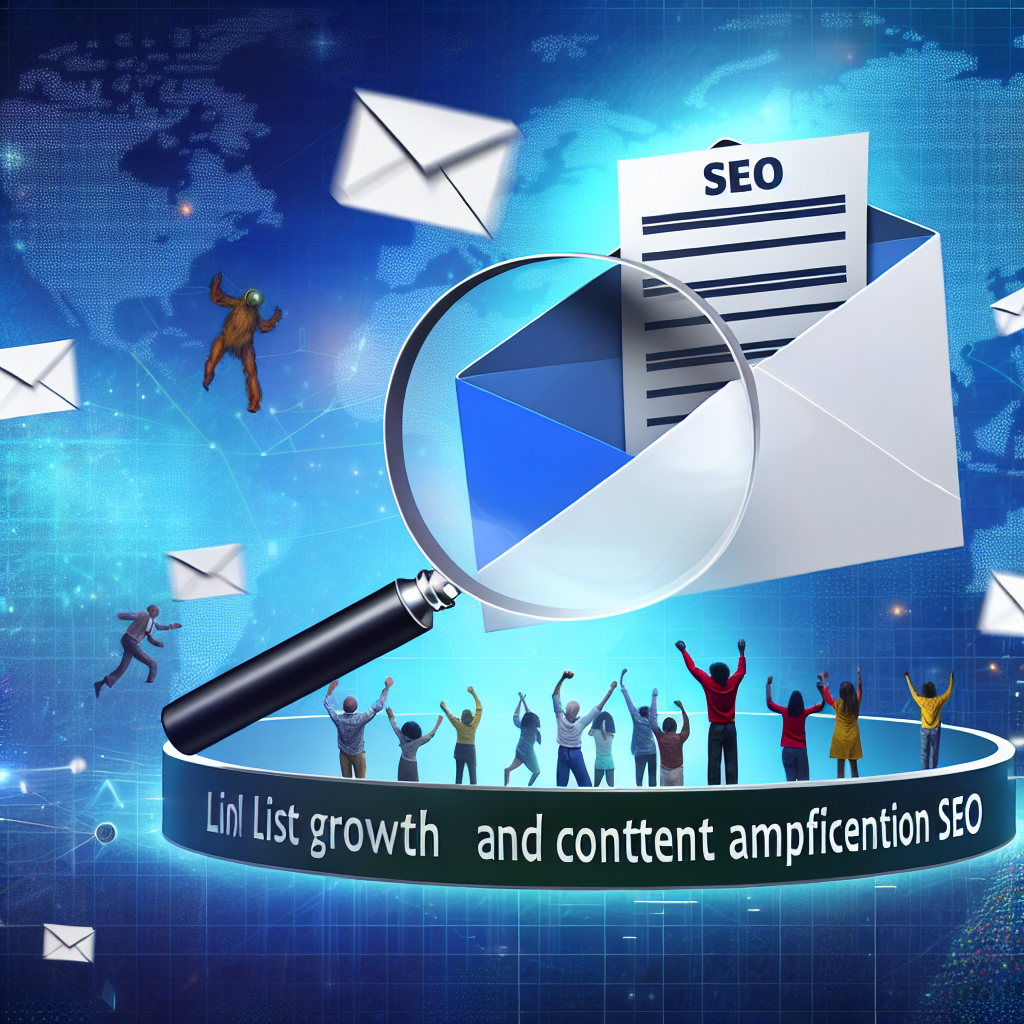**The Future of Search: How AI is Reshaping SEO Strategy for 2024 and Beyond**
AI is the Foundation of Future SEO — Are You Ready?
As we move further into the digital era, artificial intelligence (AI) is profoundly transforming how people interact with the internet — and search engines are at the center of this tectonic shift. For C-suite marketing executives and SEO strategists, understanding how AI reshapes SEO is not only essential for maintaining visibility but also critical in achieving sustainable growth through organic digital channels.
Traditionally, SEO has relied heavily on keywords, backlinks, and on-page optimization. But in 2024, the algorithms that guide search engine results have become exponentially more sophisticated, thanks largely to technologies such as machine learning (ML), natural language processing (NLP), and neural search models. These innovations allow search engines like Google to better understand user intent, context, and semantics — not just string-match words to web pages.
How AI is Transforming SEO Strategy in Real Time
AI-enhanced search changes fundamentally how content is created, ranked, and interacted with. Professional research and emerging case studies are now revealing just how steep the learning curve is — and how high the ROI can be for early adopters.
One telling study comes from Gartner, which predicts that “by 2026, at least 80% of marketers will establish AI-augmented content production workflows in their marketing departments” ([source](https://www.gartner.com/en/newsroom/press-releases/2023-11-15-gartner-predicts-80-percent-of-marketers-will-integrate-ai-in-content-production-by-2026)). This shift is not just about automating content, but enabling highly targeted and performance-optimized pieces that align perfectly with user intent and context as interpreted by AI-powered search engines.
Additionally, recent whitepapers from McKinsey & Company highlight the impact of generative AI tools on SEO strategy. Their data shows that generative AI has the potential to improve marketing productivity by 25% to 40%, largely through better segmentation and content effectiveness modeling ([source](https://www.mckinsey.com/capabilities/growth-marketing-and-sales/our-insights/the-economic-potential-of-generative-ai-the-next-productivity-frontier)).
From a technical SEO perspective, Google’s Search Quality Evaluator Guidelines have become more focused on Experience, Expertise, Authoritativeness, and Trustworthiness (E-E-A-T), especially since the rise of AI-generated content. According to a recent study conducted by SEMrush, content aligned with E-E-A-T principles earns higher rankings, even when traditional keyword metrics are neutral. This is particularly crucial in YMYL (Your Money or Your Life) content categories such as finance and healthcare, where AI’s ability to detect factual inaccuracies and low-quality expertise in real time is now baked into the ranking algorithm ([source](https://www.semrush.com/blog/google-eeat/)).
Conclusion: Embracing AI for SEO Success Beyond 2024
The future of search is no longer on the horizon — it’s already here, driven by the rapid adoption and integration of artificial intelligence across all facets of digital experience. For marketing and SEO leaders, the implications are profound: succeeding in this environment requires not just adaptation, but strategic reinvention.
AI isn’t replacing SEO; it’s elevating it to a new level of contextual, conversational, and data-driven sophistication. Organizations that capitalize on these shifts will control the digital pathways of tomorrow. The time to act is now — with AI as a partner, not a disruptor.
**Summary**
The article explores how artificial intelligence (AI) is transforming the future of search engine optimization (SEO) strategy. It highlights the shift from traditional SEO tactics to a more AI-driven, context-aware approach that prioritizes user intent, expertise, and trustworthiness. The article also provides insights from industry studies and expert sources on the potential impact of generative AI and other AI technologies on SEO performance and productivity. The conclusion emphasizes the need for marketing and SEO leaders to embrace AI as a strategic partner to succeed in the evolving digital landscape beyond 2024.
**References**
– Gartner Forecast on AI in Marketing (2023): https://www.gartner.com/en/newsroom/press-releases/2023-11-15-gartner-predicts-80-percent-of-marketers-will-integrate-ai-in-content-production-by-2026
– McKinsey & Company – The Economic Potential of Generative AI (2023): https://www.mckinsey.com/capabilities/growth-marketing-and-sales/our-insights/the-economic-potential-of-generative-ai-the-next-productivity-frontier
– SEMrush – Google’s E-E-A-T Ranking Signals Explained (2024): https://www.semrush.com/blog/google-eeat/
– Google Blog – About Search Generative Experience (2024): https://blog.google/products/search/generative-ai-search/
– OpenAI on Search Impact and Human-AI Collaboration (2024): https://openai.com/research
– Search Engine Journal – AI and SEO Trends (2024): https://www.searchenginejournal.com/ai-seo-trends/

Dominic E. is a passionate filmmaker navigating the exciting intersection of art and science. By day, he delves into the complexities of the human body as a full-time medical writer, meticulously translating intricate medical concepts into accessible and engaging narratives. By night, he explores the boundless realm of cinematic storytelling, crafting narratives that evoke emotion and challenge perspectives.
Film Student and Full-time Medical Writer for ContentVendor.com
